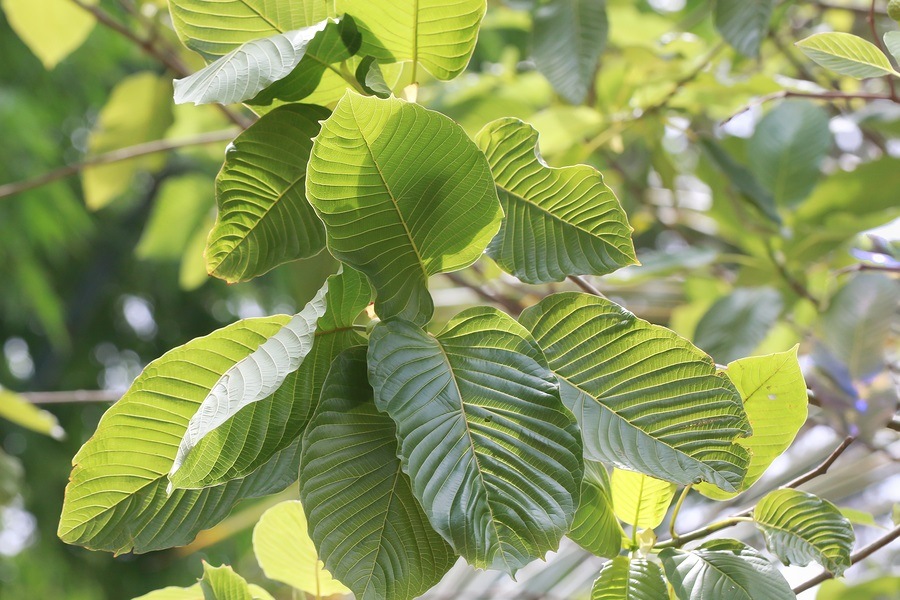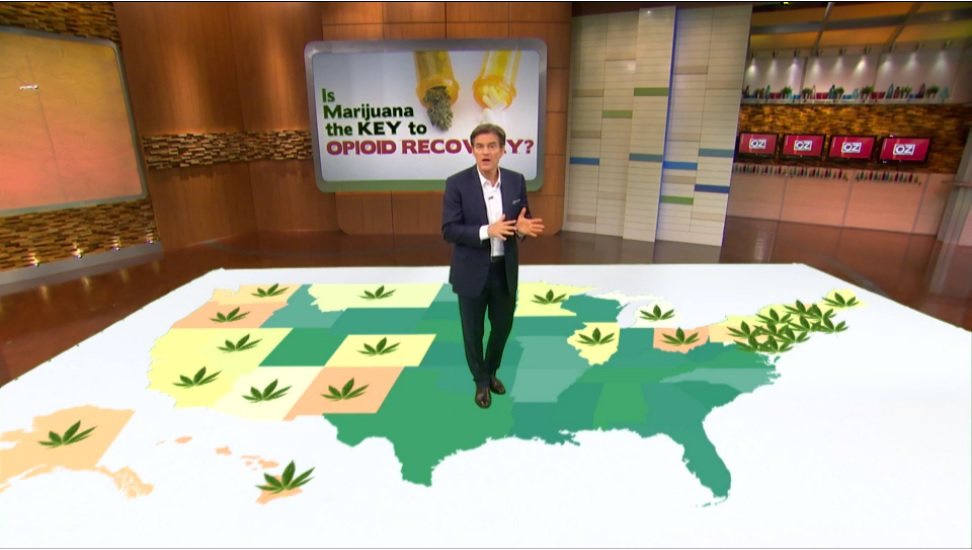As Pain Sufferers Turn to the Herb Kratom in Place of Opioid Drugs States Try to Ban It
Kratom, an ancient Southeast Asian herb used for reducing pain, increasing energy, and withdrawing from opioids is currently undergoing threats of being banned by individual states, adding to the seven states that have already banned it. Prior to this, kratom users survived a national threat of being classified as a Schedule 1 controlled substance by the DEA in 2016, which would make it illegal to have and use under any circumstances. Kratom's use originated in Southeast Asia centuries ago. It helped addicts get off opium and helped bolster energy and attitude while maintaining alertness for those traveling through or exploring dense jungle environments under hot, humid conditions. Since then, there have been governmental controversies surrounding kratom's use despite testimonies of its safe usefulness by many. Some nations have restricted or banned its use. The state-by-state threats of banning kratom are a result of FDA and media reports of deaths among kratom users that have shown to be inaccurate and misleading. Kratom advocates maintain that kratom's benefits far outweigh its perceived harms. And they are campaigning to keep pure kratom products available for self-medicating while avoiding opioid drugs.






